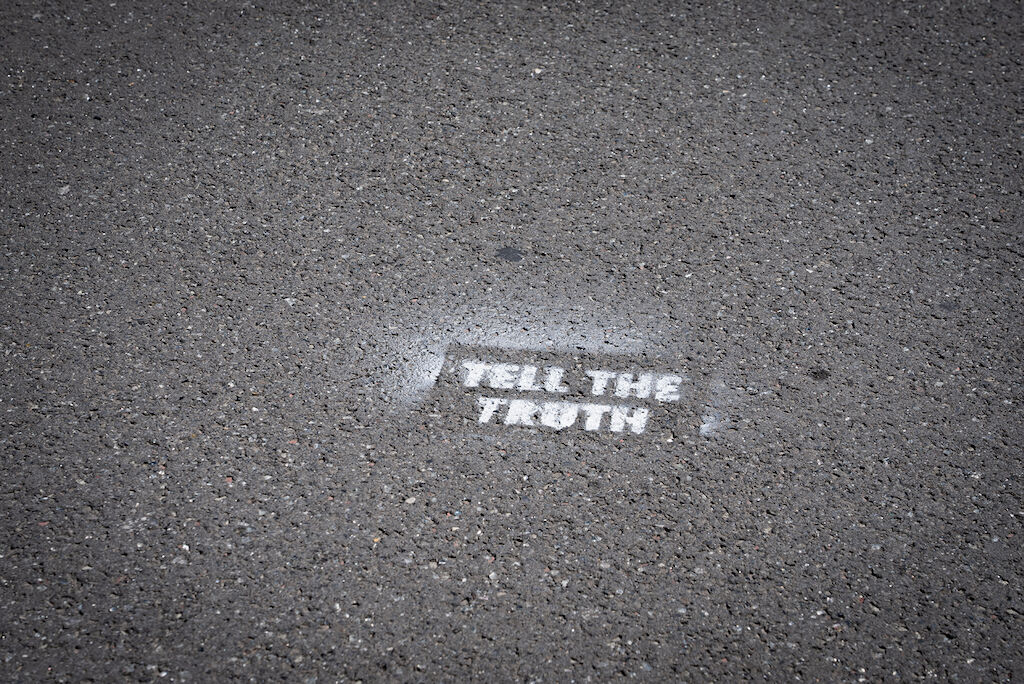There’s an old paradox that goes something like this: - Plato: “What Socrates is about to say is false.” - Socrates: “Plato has just spoken the truth.”
Had Socrates said the earth is flat, there’d be no problem. But that fact that he undermined and contradicted the first statement – by agreeing with it no less – means we’re left with a logic-breaking, chicken v. egg that has no resolution. The truth is impossible to find.
A more recent paradox, this one from the G7 summit in June 2021:
The G7 countries: “We commit to a “green revolution” that would limit the rise in global temperatures to 1.5c”
Global data: global coal production in 2021 is set to recover by 3.5% to 8 billion tons in 2021”
While the truth is easier to find here (the data), it’s still an ultimate contradiction with world-shaking consequences. There’s a credibility problem here, which leads us to the issue of integrity.
Or more precisely, the lack thereof.
We live in a time when the search for truth and facts shoves us through confusing mazes of search-engine results and social-media posts, which are naturally affected by algorithms and media spends that control the flow and visibility of information. Sometimes the most credible pieces are buried on page two or beyond, or are simply a no-show for lack of search engine optimization.
In our line of work, brand strategy and design, there are similar pitfalls of compromised integrity. Companies newly minted with a brand or purpose statement might project one thing to the world while in the background the machine of old thinking is clanking away, emitting fumes that leave us in a fog of skepticism and confusion.
For example, brands that are high on the list of the world’s most prolific plastic polluters cannot credibly have a purpose espousing sustainable living. And brands committing 95% of their annual spend on oil and gas projects cannot at the same time truthfully claim to be on a noble mission to save people and planet.
So what do we do about it? We have some straight conversations with our clients about credibility, about finding the balance between aspiration and reality, and ultimately, about what it takes to establish and maintain trust.
In general, when we embark on a new brand project or start finding a purpose statement, we rely on an evidence-based, systematic-brand-building approach. What’s the reality of the situation, what’s the direction it’s heading, and how do we express it in a believable way?
Sober scientific inquiry may not be as initially dazzling as a shiny fabrication, but it gets a lot better mileage. And integrity turns out to be the best emission-free fuel there is.
Joshua Englander is a strategy partner at MetaDesign in Berlin. You can contact him at joshua.englander@metadesign.com.
